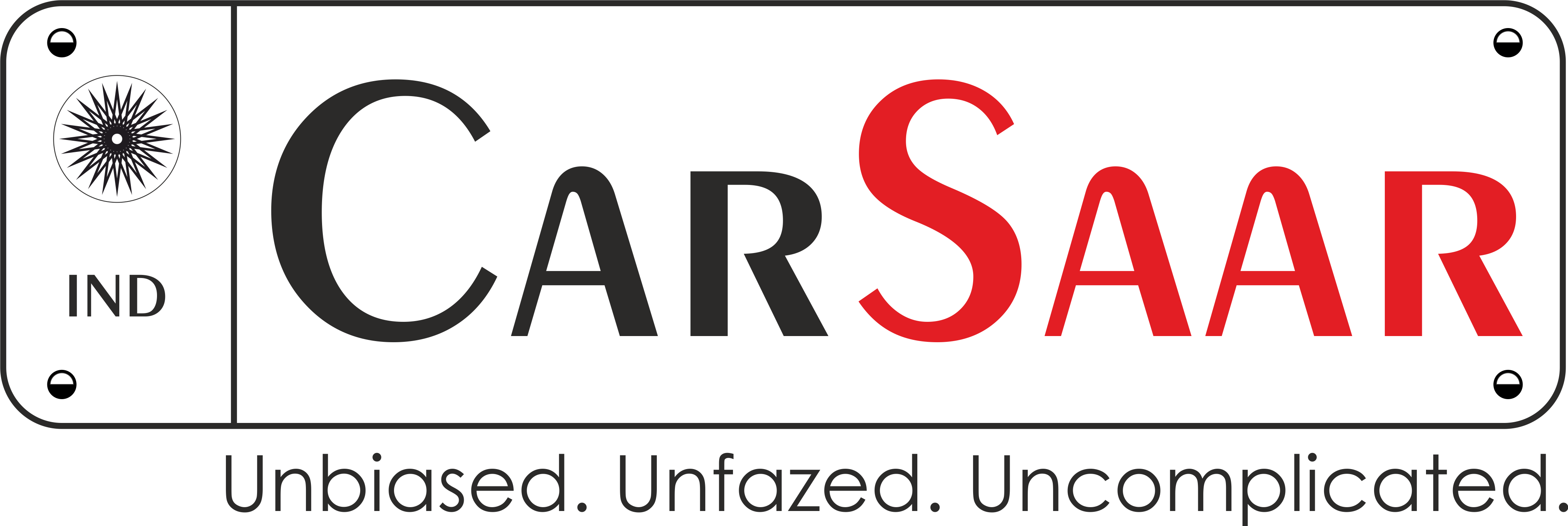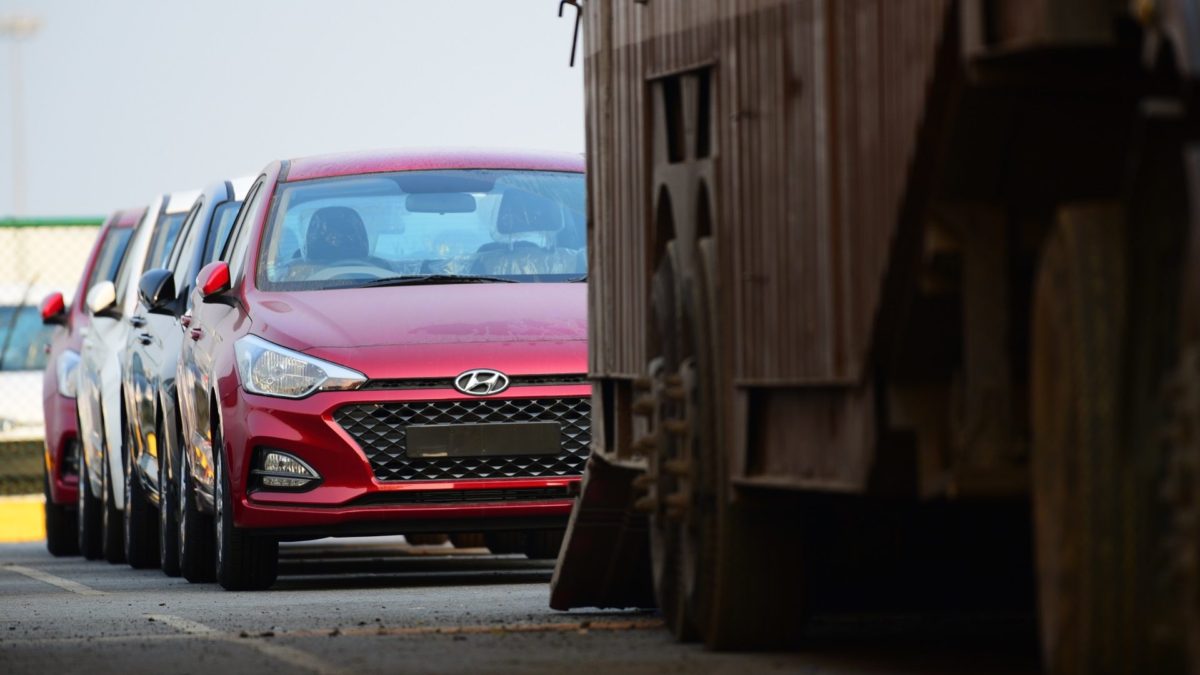Year-in and year-out, India reports hundred of thousands of deaths related to road accidents. While the lack of basic infrastructure is an area of concern, the major problem occurs from people behind the wheel. To identify the gap between the ideal and actual road behaviour that drivers showcase, Ford India runs a study called “Cartesy”. Results from the third such survey are in, and some of the findings are outright astonishing.

A total of 1,561 interviews were conducted across six metros – Delhi, Mumbai, Chennai, Bengaluru, Hyderabad and Kolkata. Each of those cities was divided into five zones – North, South, East, West and Central. Respondents were taken from each of those five zones to ensure the study has a fair representation across a city. Out of the lot, 78 per cent were males, and the remaining were females.
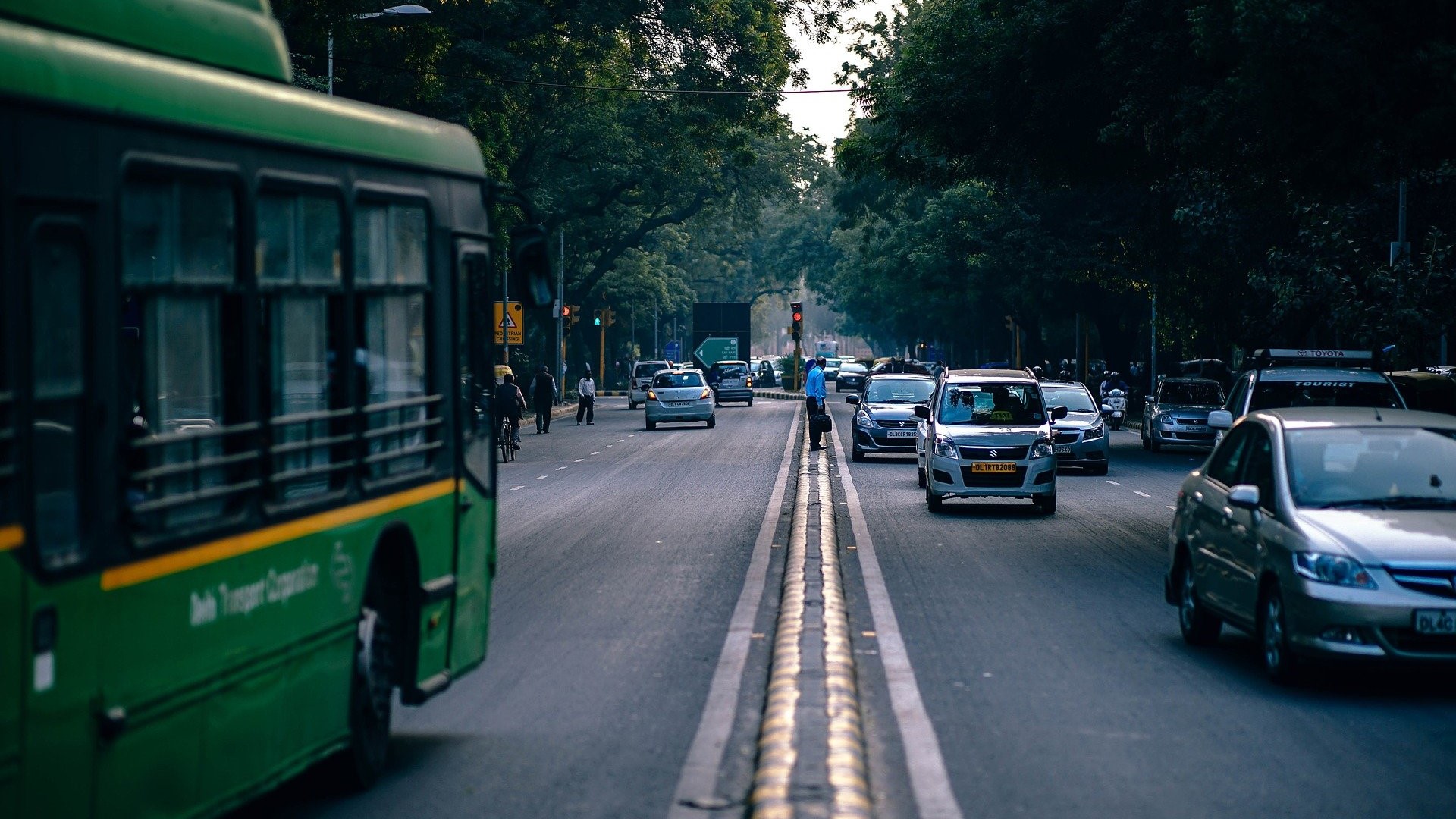
The 31-question survey was divided into three categories – Compliance, Caution and Compassion. Here are the main findings:
- Only one in ten respondents attributed the lack of knowledge about traffic rules as a potential risk to road safety.
- Less than a third (27 per cent) scored over 40 per cent in answering the questions correctly. More worryingly, only 6 per cent scored more than 50 per cent.
- 97 per cent think that distracted driving (using mobile phones) and 81 per cent think aggressive driving are the primary causes of road accidents.
- Nearly half of the respondents admitted to not displaying ideal behaviour that adheres to Compliance, Caution and Compassion.
- 58 per cent confessed to talking on the phone while driving.
- 63 per cent find seating their children in the front seat as okay.
- 58 per cent admitted to driving even while feeling sleepy.
- 53 per cent of commuters said that they don’t always make way for emergency vehicles (ambulance, fire truck, etc.).
- More than half the respondents don’t mind littering the roads while commuting. The figure stands at 57 per cent.
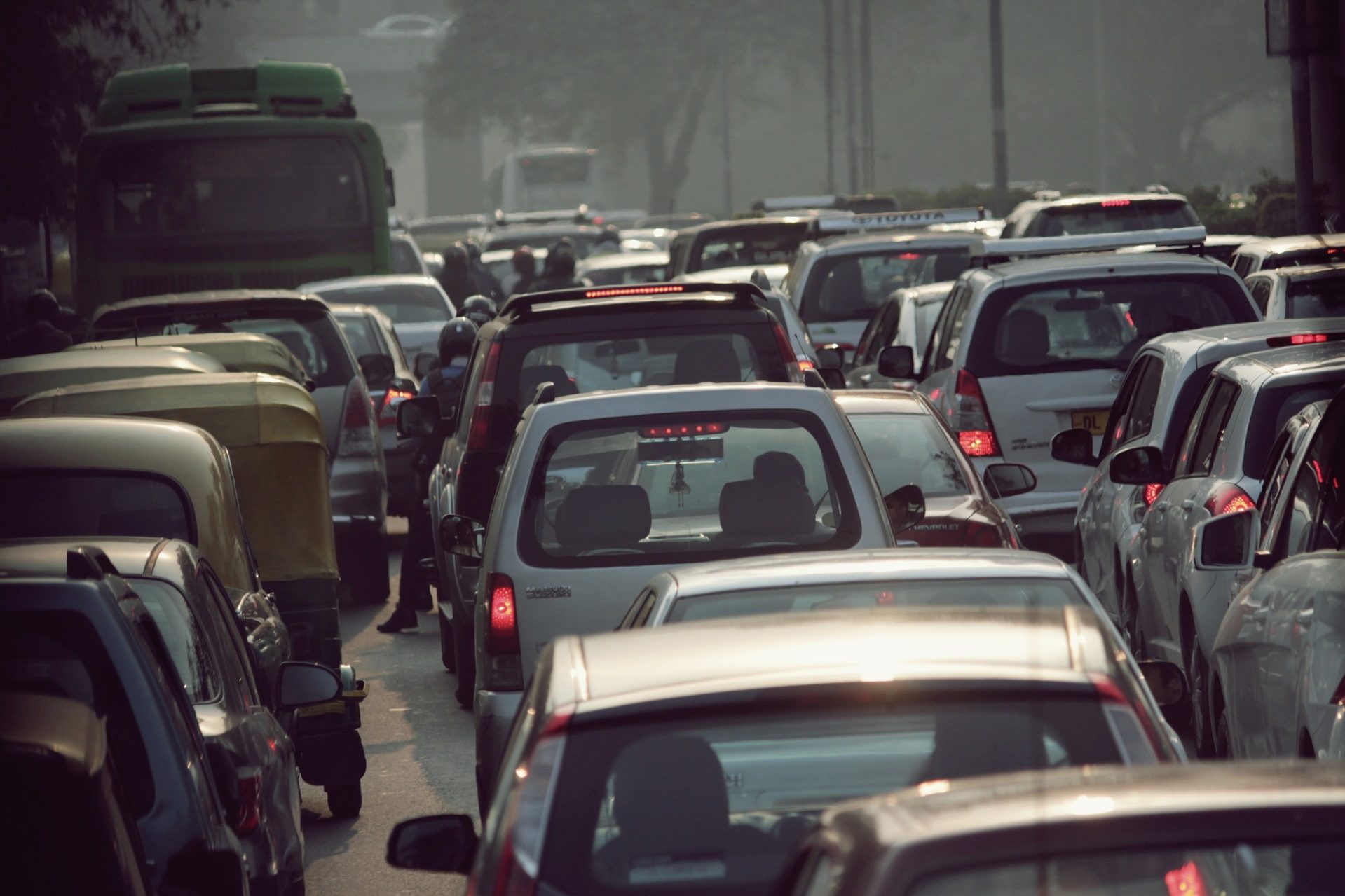
Ford India took this study a step further by diving into Attitudinal vs Behavioural analysis of respondents. The carmaker bucketed them into four sections:
- The Oblivious – Those who showcase the least idealistic behaviour; impulsive, preoccupied and lacking knowledge of traffic rules and safety guidelines.
- The Assured – People who appear easy-going but demonstrate aggression, competitiveness and entitlement at the tiniest triggers. They claim to know their way around rules.
- The Pretentious – Those who know road rules and ideal behaviour, but tend to deviate from doing the right thing and back their actions with justifications.
- The Idealist – Law-abiding and self-aware. They don’t break the rules unless there’s an emergency or a “compulsion beyond control”.
Based on the interviews conducted, Ford reports that cities with higher ‘Oblivious’ commuters have the lowest “Cartesy” scores. Most of the drivers – about 40 per cent – fell in that category, followed by the 27 per cent filling the “Assured” bucket. As expected, the ‘Pretentious’ occupied the third spot at 25 per cent, while only 8 per cent were categorised as ‘Idealists’.
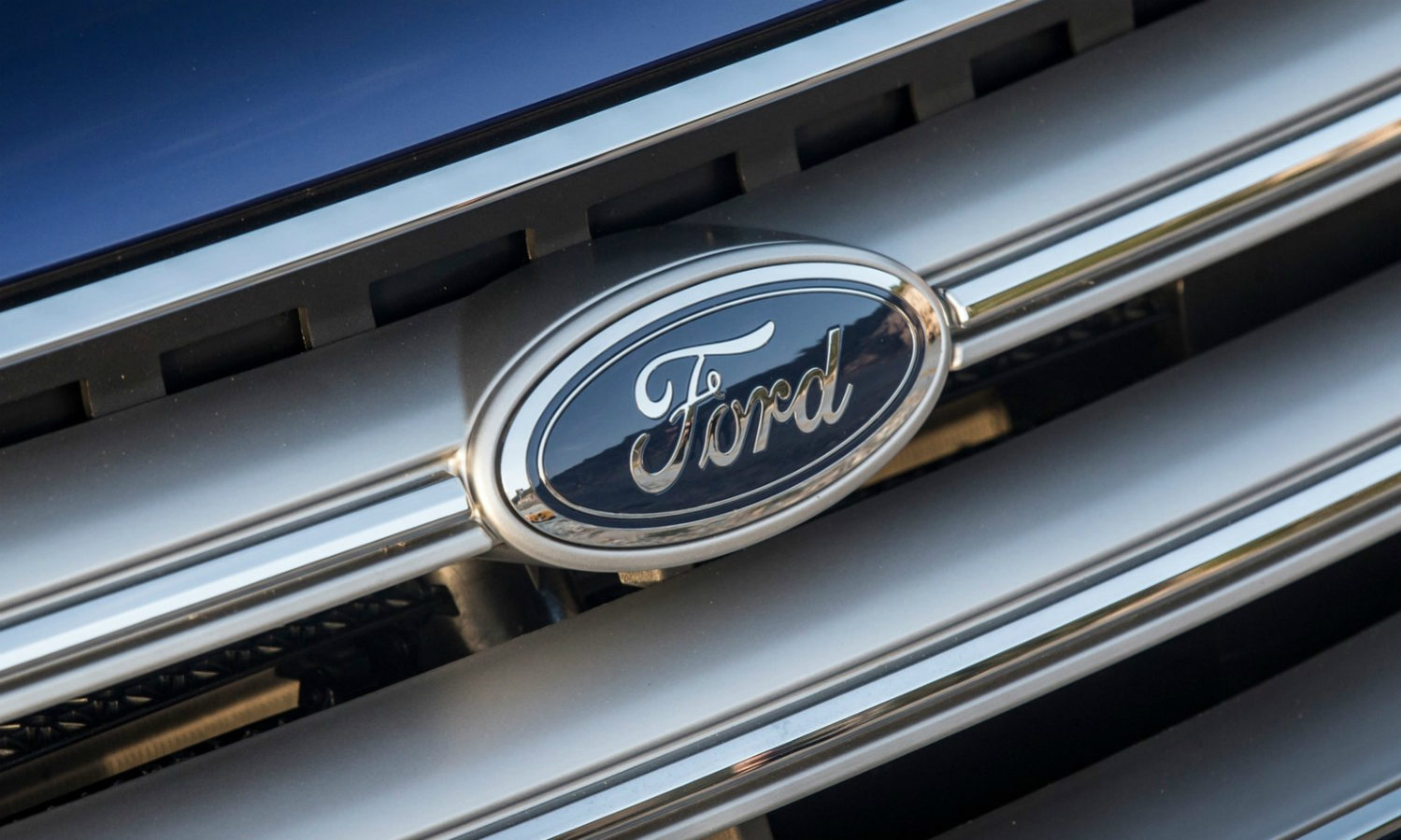
Out of the six cities screened, Kolkata and Chennai had the highest proportion of ‘Idealists’ – 22 per cent and 20 per cent, respectively. At 62 per cent, the highest number of ‘Oblivious’ commuters were from Bengaluru, followed by Delhi at 49 per cent. Mumbai and Hyderabad occupied third and fourth positions, both at 21 per cent ‘Oblivious’ drivers.

